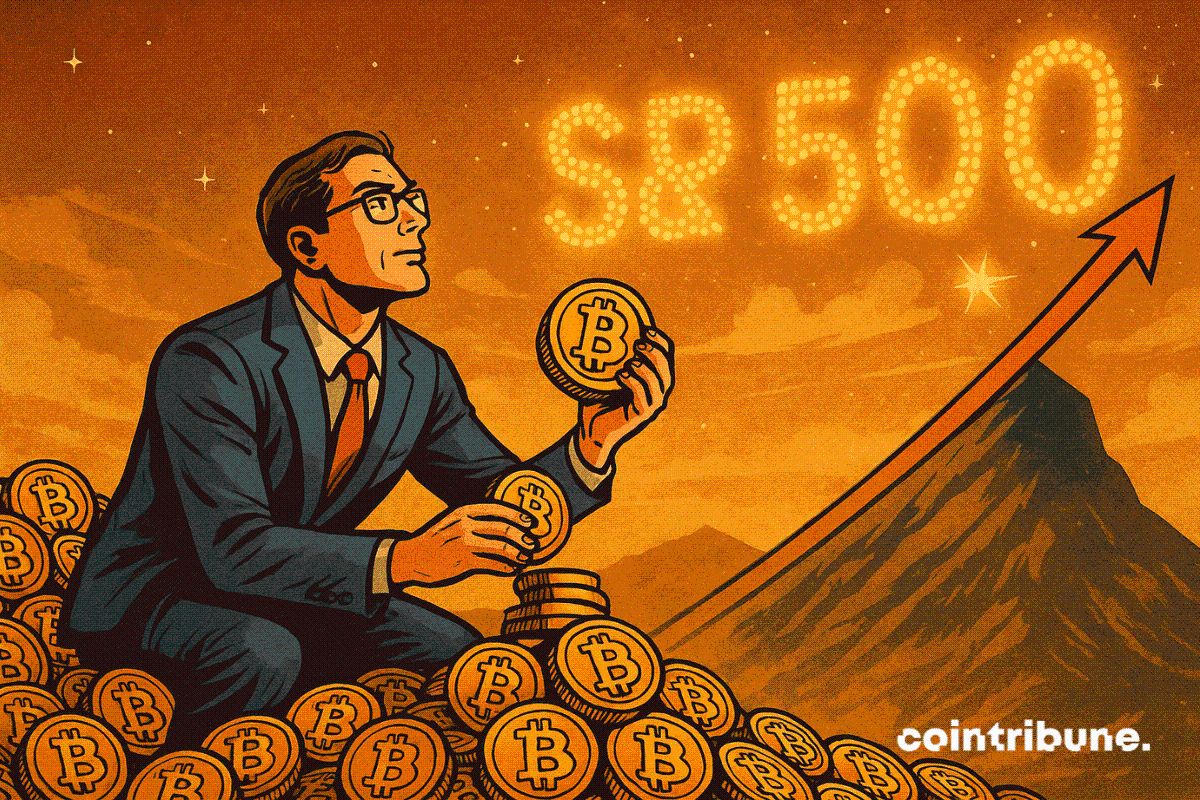China Weighs Yuan Stablecoins to Challenge Dollar Dominance in Global Trade
- China's CNPC and PBoC are studying yuan-backed stablecoins to advance internationalization, targeting BRI nations and reducing dollar dominance in global trade. - The initiative aims to counter U.S. dollar-backed stablecoins while establishing regulatory frameworks to mitigate risks highlighted by former central bank governor Zhou Xiaochuan. - Domestic firms like Ant Group push for flexible regulations, but Beijing tempers adoption due to fraud risks, slowing public discourse on yuan stablecoins. - Globa
CNPC has initiated a study to explore the feasibility of utilizing cross-border stablecoin payments as part of broader efforts to internationalize the yuan. The move aligns with a growing global interest in stablecoins as a means to streamline cross-border transactions, reduce costs, and enhance financial inclusion. Chinese policymakers, including the People’s Bank of China (PBoC), are reportedly considering a roadmap for the adoption of yuan-backed stablecoins, which could include the establishment of clear regulatory frameworks and risk mitigation strategies [2]. The study is expected to be discussed in an upcoming senior leadership meeting focused on yuan internationalization, with PBoC likely taking the lead in implementation [2].
The potential adoption of yuan-based stablecoins is seen as a strategic response to the increasing use of dollar-backed stablecoins by the U.S. administration, particularly under President Donald Trump, who has emphasized their role in reinforcing dollar dominance. China aims to challenge the dollar’s supremacy in global transactions by promoting its own stablecoin solutions, particularly in countries engaged in its Belt and Road Initiative (BRI) [2]. The yuan currently accounts for just under 3% of global transactions outside of China, a figure that Beijing hopes to significantly increase through such digital financial instruments [2].
Former Chinese central bank governor Zhou Xiaochuan has warned of the potential risks associated with the rapid adoption of stablecoins. In a recent closed-door seminar, he emphasized the need for a “multidimensional assessment” of stablecoins’ utility and cautioned against excessive speculation, which could lead to fraud and systemic financial instability [1]. He also highlighted concerns that some market participants may prioritize profit over the long-term sustainability of stablecoin ecosystems [1]. These warnings underscore the cautious tone being taken by Chinese officials, who are balancing innovation with regulatory prudence.
Domestic financial institutions and tech firms have also been advocating for more flexible regulations around stablecoin adoption. Major players such as Alibaba’s Ant Group and JD .com have lobbied for policy reforms to reduce cross-border transaction costs and facilitate international trade [2]. However, recent guidance from Beijing has called for a more measured approach, following instances of fraudulent stablecoin fundraising activities that exploited public interest in state-backed projects [2]. This has led to a temporary slowdown in public discussion around yuan-based stablecoins, as regulators aim to establish a clearer regulatory landscape.
In parallel, other global actors are also reassessing their positions on stablecoin development. The European Union is re-evaluating its digital euro strategy, with officials considering the use of public blockchains to accelerate adoption and increase accessibility. Meanwhile, Wyoming in the U.S. has launched its first state-backed stablecoin, the Frontier Stable Token (FRNT), which is set to operate on multiple blockchain networks [2]. These developments highlight the competitive dynamics shaping the global stablecoin landscape, with China seeking to position itself as a key player while mitigating potential risks to its financial system.

Disclaimer: The content of this article solely reflects the author's opinion and does not represent the platform in any capacity. This article is not intended to serve as a reference for making investment decisions.
You may also like

Federal Reserve meeting minutes reveal sharp divisions: many believe a December rate cut is inappropriate, while some are concerned about disorderly declines in the stock market
All participants agreed that monetary policy is not fixed, but is influenced by the latest data, the evolving economic outlook, and the balance of risks.
Despite Losses, Strategy’s S&P 500 Entry In Sight

Bitcoin Price Prediction: Breakout Or Breakdown?